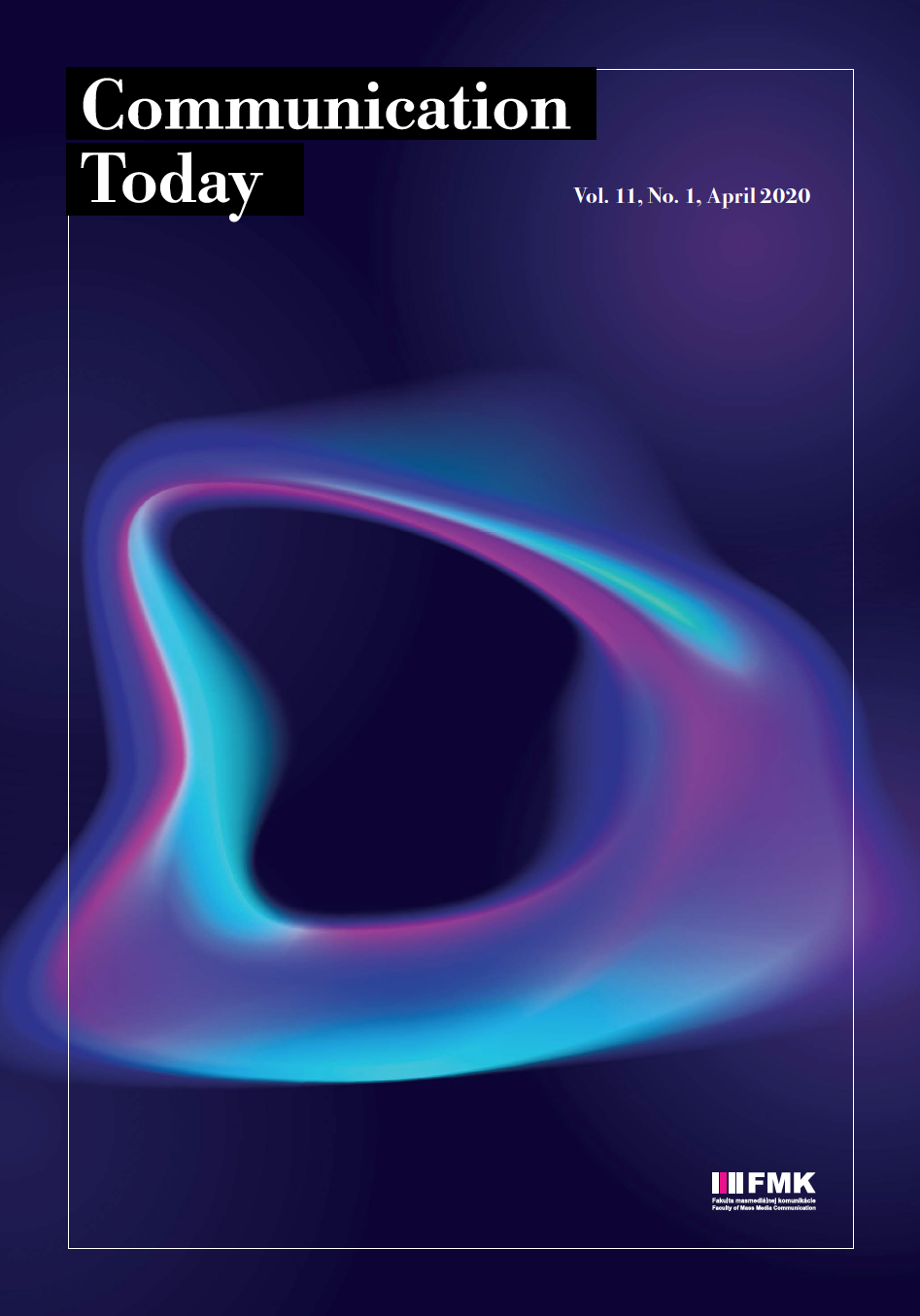TO THRIVE MEANS TO ENTERTAIN: THE NATURE OF TODAY’S MEDIA INDUSTRIES
TO THRIVE MEANS TO ENTERTAIN: THE NATURE OF TODAY’S MEDIA INDUSTRIES
Author(s): Jana Radošinská, Ján Višňovský, Zuzana KvetanováSubject(s): Social Sciences, Media studies, Communication studies
Published by: Univerzita sv. Cyrila a Metoda v Trnave, Fakulta masmediálnej komunikácie
Keywords: critical political economy of media; late modern media audiences; media and cultural studies; media economics; media industries; media ownership; oligopolies;
Summary/Abstract: Understanding the ‘industrial’ nature of media production and its individual segments is an essential part of any systematic scholarly reflection on the cultural, economic or political aspects of media communication. The media industries produce information, entertainment, narratives and cultural phenomena, i.e. materialised items able to disseminate (and promote) a plethora of ideas, experience, emotions, lifestyles, value-based opinions or even spiritual stimuli. However, despite all of their unique traits and production principles, media industries may be seen as ‘common’ industrial segments that are subject to specific technological, economic and commercial imperatives. The production ‘phase’ of media communication certainly involves a wide spectrum of rather complex production mechanisms. The study thus aims to explore and discuss the current scholarly opinions on the media industries and their social, cultural, economic and technological frameworks. Firstly, the authors offer an overview of existing definitions of the media industries and their typologies. The basic terminological outlines are followed by a closer look at transformations of the media industries in the digital era, especially in relation to late modern media audiences and their volatile preferences. The authors also introduce, discuss and compare various paradigmatic outlines related to studying the economic aspects of media production, placing emphasis on the political economy of media and its problematic relationship to media studies and cultural studies.
Journal: Communication Today
- Issue Year: 11/2020
- Issue No: 1
- Page Range: 4-21
- Page Count: 18
- Language: English

